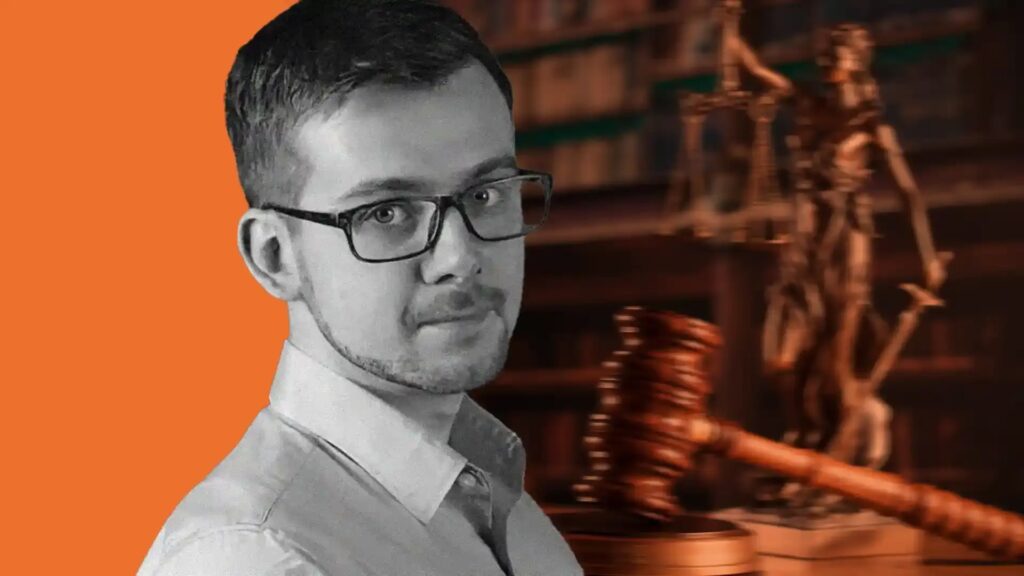
In the latest chapter of an escalating legal confrontation about blockchain privacy, the Ethereum Foundation has committed $1.25 million to aid in the defense of Tornado Cash’s developer, Alexey Pertsev. This case has its origins in 2022, when Pertsev was detained in the Netherlands and subsequently convicted of money laundering charges in the year 2024, facing a sentence of five years and four months in jail. Crypto enthusiasts worldwide have expressed outrage at what they see as a potential threat against developers of open-source software.
Tornado Cash – a decentralized mixer based on Ethereum – was created to enhance the confidentiality of transactions by effectively rendering the trajectory of funds untraceable. Nevertheless, authorities hold the view that it allowed for the laundering of illicit finances, amongst other illegal activities. Pertsev’s conviction has triggered significant concerns about the future of privacy within the blockchain sphere, and this raises issues about the legal hazards confronted by developers creating ethics-neutral financial infrastructure. Pertsev’s legal representatives are gearing up to challenge the judgment, a move that will be greatly bolstered by the Ethereum Foundation’s contribution.
Backlashes against Pertsev’s conviction have been quite extensive, with Ethereum’s co-founder, Vitalik Buterin, contributing 50 ETH (approximately $170,000 at the time) in December 2024. The contributions were made to assist the legal defenses of Pertsev and Roman Storm, another developer of Tornado Cash facing charges. Within the same timeframe, crypto investment firm Paradigm committed to a contribution of $1.25 million with the main purpose of aiding with legal expenses. The crypto community broadly recognizes these legal confrontations as critical in setting the boundaries for responsibility in decentralized finances.
The Ethereum Foundation’s donation also conveys a resolute message: “There is nothing abnormal about the desire for privacy, and writing code is not a crime.” Critics have voiced concerns that penalizing developers for their inventions could potentially hinder innovation and discourage developers from creating solutions aimed at enhancing privacy. This has stirred up debates revolving around the seemingly unreasonable application of laws against open-source development.
As the appeal process progresses, the outcome holds great implications for the crypto sector. If the court upholds Pertsev’s conviction, it could set a precedent for criminal liability amongst software developers, thereby reshaping how privacy tools are designed and sustained. Conversely, a successful appeal could solidify the concept of coding being a form of free speech, thus safeguarding software developers from the legal consequences tied to user behaviour. For now, the clash over privacy and decentralization goes on, and Pertsev’s case remains central to the broader struggle for financial independence in the digital era.